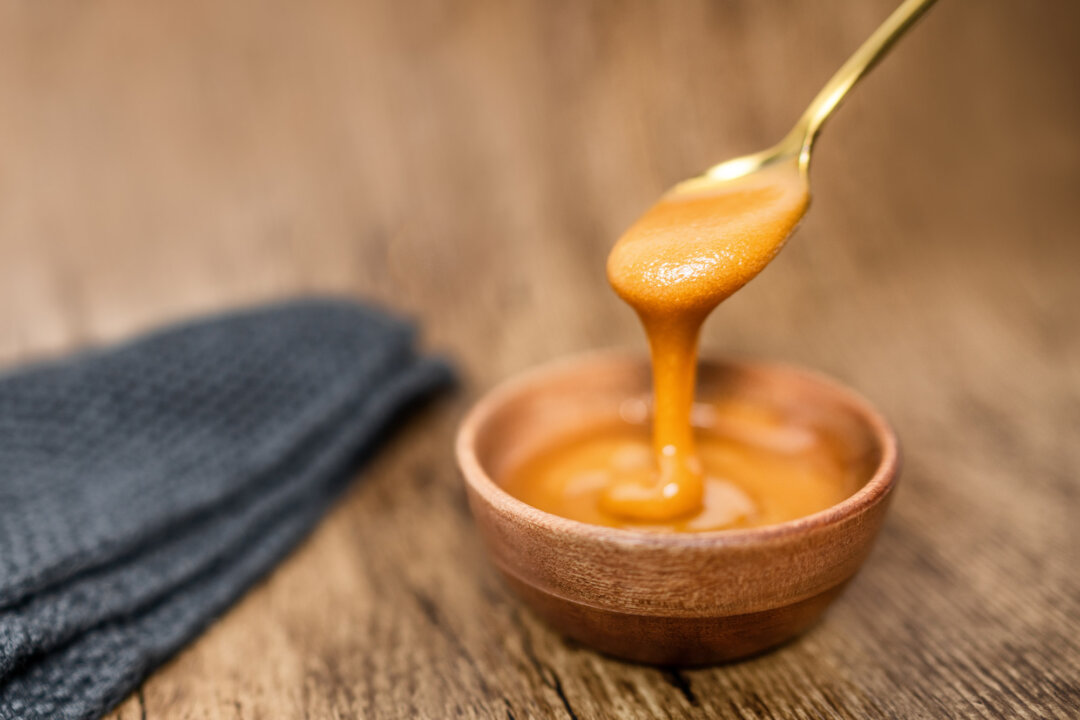
Scientists may have found an unexpected ally in the fight against breast cancer: Manuka honey. A recent study suggests that this sweet substance reduced tumor growth by 84 percent in mouse models. The research demonstrated the potential of Manuka honey as a nutraceutical—a food with medical or health benefits—in preclinical experiments using mouse and human models of the disease.
Researchers identified a potential mechanism of action, Manuka honey was shown to stop cancer cells from growing and surviving by blocking key pathways they use. Manuka honey also demonstrated an ability to induce apoptosis (cell death) specifically in breast cancer cells while leaving healthy cells unharmed. The researchers noted that Manuka’s composition—including flavonoids, phytochemicals, vitamins, and minerals—may contribute to its anticancer potential, providing a multifaceted approach to inhibiting tumor growth and spread (metastasis).

Wound healing Pain reduction from burns Cough soothing Oral bacteria inhibition People allergic to honey or bees Children younger than one-year-old (due to the risk of botulism) Individuals with compromised immune systems (unpasteurized or raw honey may be contraindicated).












